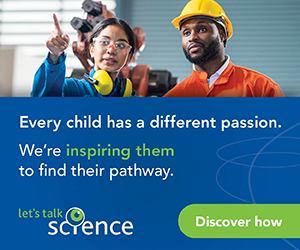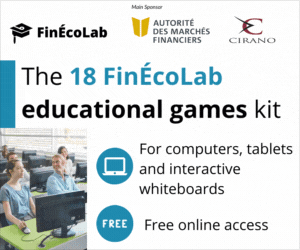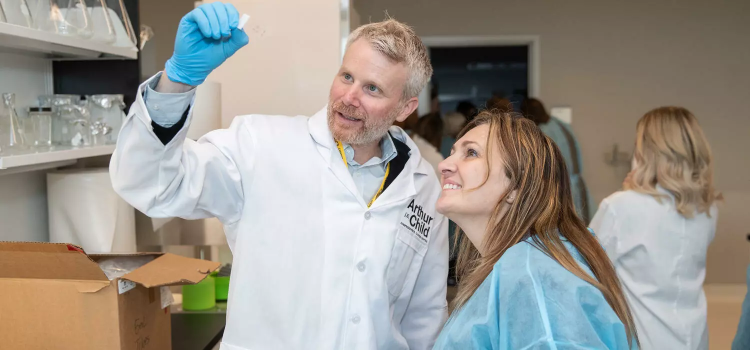
Dr. Doug Mahoney and Shonalie Biafore view a research sample slide during a tour of Mahoney's lab at the Arthur J.E. Child Comprehensive Cancer Centre // Photo Credit: Adrian Shellard
Jacey Uphill was a bright, beautiful teenager who loved Irish dancing and hoped to become a researcher or doctor. At 16 years old, she was diagnosed with stage 4 Ewing sarcoma, a rare cancer that forms in the bone or soft tissues and primarily affects children and adolescents. Before her death in 2012, she shared her dream of raising awareness about childhood cancer.
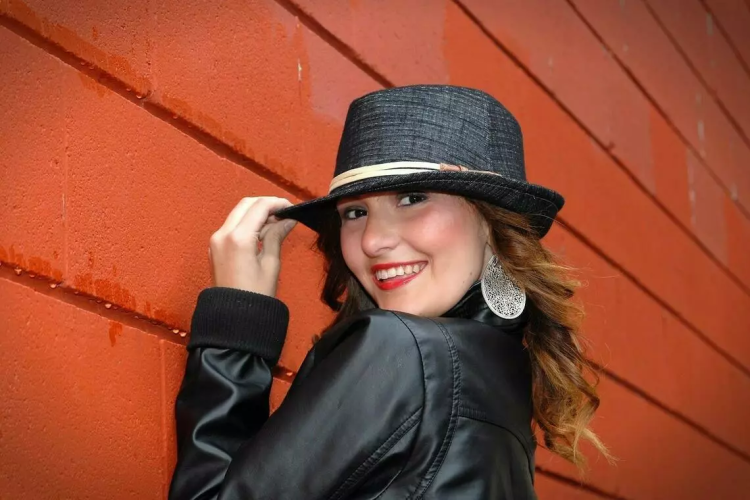
Jacey Uphill was diagnosed with a rare cancer in 2010.
Her mother, Shonalie Biafore, is now honouring her daughter's dream by championing groundbreaking cancer research at the University of Calgary that offers new hope to other people with rare and hard-to-treat cancers and their families.
This research is already making an impact thanks to a $9.5-million gift from the Canadian Cancer Society (CCS) and donors.
"It gives me goosebumps. Sometimes I listen to Dr. Douglas Mahoney talk and I cry because I think it would have been wonderful to have these innovative treatments available 12 years ago, for Jacey," says Biafore, who is pleased such a large gift has been made to such important work.
Mahoney, PhD, is an associate director of basic and translational research and director of the Riddell Centre for Cancer Immunotherapy within the Arnie Charbonneau Cancer Institute at the Cumming School of Medicine. The immunotherapy treatment developed by Mahoney and his team leverages the body's own immune cells to fight cancer.
"The Canadian Cancer Society is proud to support impactful immunotherapy research, a frontier of cancer treatment that has tremendous promise for patients," says Andrea Seale, CCS chief executive officer.
"Thanks to our donors and through our partnership with the University of Calgary, we've invested $9.5 million in this research work that could truly make a difference for people in Canada and around the world."
Made through the OWN.CANCER campaign in 2020, with research well underway at the Arthur J.E. Child Comprehensive Cancer Centre and the Alberta Children's Hospital (ACH), CCS's gift has made a substantial impact in the past four years, including moving discoveries into clinical trials.
"The investment from CCS has been instrumental in advancing immunotherapy research at the Charbonneau Cancer Institute," says Dr. Jennifer Chan, MD, director of the institute. "As one of our earliest supporters, CCS made it possible to launch the Alberta Cellular Therapy and Immune Oncology Initiative, which has since evolved into the Riddell Centre for Cancer Immunotherapy now a leading research hub dedicated to developing breakthrough immunotherapies for rare and hard-to-treat cancers."
One of these trials involves treating alveolar soft part sarcoma (ASPS) with chimeric antigen receptor (CAR) T-cell therapy. The precision therapy, called GCAR1, is a first-of-its-kind, made-in-Canada discovery for solid tumours. It works by multiplying and re-engineering a patient's own immune cells in the lab to better attack the cancer cells, then infusing them back into the patient's body. This offers further treatment options for people with rare cancers that can be difficult to treat with conventional methods such as chemotherapy or radiation, which are routinely standard of care.
"This funding has enabled our research team of clinicians and scientists to push the boundaries of immunotherapy development in an academic setting, directly impacting the lives of patients facing rare and hard-to-treat cancers," says Mahoney. "Thanks to CCS's support, our team achieved a remarkable milestone becoming the first in Canada to bring novel CAR T-cell therapy from concept to patient treatment, entirely within the Canadian landscape.
"CCS's ongoing support for research continues to help drive the transformation of cancer care, offering new hope and life-saving treatments."
This treatment may also be effective in treating other cancers, including certain forms of kidney and breast cancer, and other rare sarcomas. Bolstered by research momentum supported by philanthropic giving the team received a $2.7-million grant from the Canadian Institutes of Health Research (CIHR) and nearly $1 million in grant funding from BioCanRx (through funding from the Strategic Science Fund) to launch a trial to test this treatment in patients with these cancers. Sponsored by the Canadian Cancer Trials Group, one of CCS's national programs, the trial is set to open in early 2025.
The CCS gift has also helped to enable the design of a new model for developing and producing immunotherapy for rare and hard-to-treat diseases.
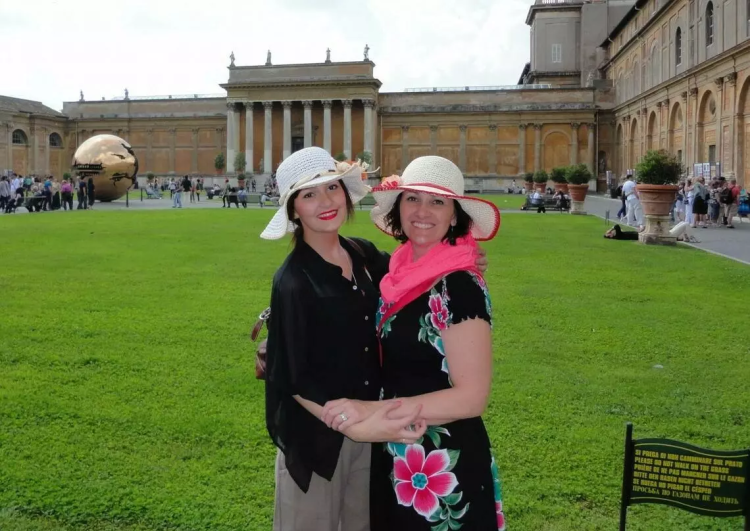
Shonalie Biafore, right, and her daughter, Jacey Uphill, on vacation in Rome.
Honouring her daughter's legacy
When Biafore's daughter was first diagnosed with Ewing sarcoma in June 2010, she had a small spot on her femur in the soft tissue surrounding the bone. She also had a mass completely covering her right lung and three lesions on her left lung. She was admitted to ACH where she underwent numerous treatments, including a nine-hour surgery to remove two thirds of her lung, chemotherapy, radiation and a stem cell transplant.
The gruelling treatment left Jacey in a lot of pain and, since it suppressed her immune system, she was often isolated from friends and family.
"Watching her go through that pain was the worst thing in my entire life," says Biafore.
Jacey died on Oct. 14, 2012. To honour her daughter's personal mantra of "believe" and her legacy, Biafore started the charity Believe in the Gold three months later.
The charitable foundation is now committed to raising awareness about childhood cancer, helping local families with medical expenses and raising funds for breakthrough research.
Biafore advocated for the research Mahoney and his team have been doing for years and is encouraged by the progress being made in sarcoma treatment, such as immunotherapy.
"Out of something horrible you hope to see something good and I'm inspired by the work UCalgary is doing to help others living with rare cancers," says Biafore.
Jennifer Chan is an associate professor in the departments of Pathology and Laboratory Medicine, Oncology and Clinical Neurosciences at the Cumming School of Medicine (CSM) and is a member of the Alberta Children's Hospital Research Institute (ACHRI), the Arnie Charbonneau Cancer Institute and the Hotchkiss Brain Institute, and director of the Arnie Charbonneau Cancer Institute, a partnership between UCalgary and Alberta Health Services.
Douglas Mahoney is an associate professor in the Department of Microbiology, Immunology and Infectious Diseases at CSM and is a member of the ACHRI, the Snyder Institute for Chronic Diseases, and associate director of basic and translational research of the Arnie Charbonneau Cancer Institute, a partnership between UCalgary and Alberta Health Services. He is also the director of the Riddell Centre for Cancer Immunotherapy.










